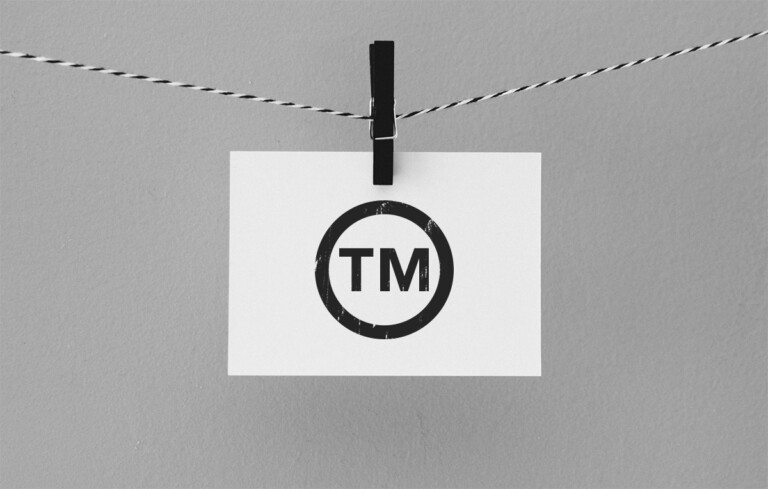
The COVID-19 global pandemic has resulted in serious restrictions on how we go about our day-to-day lives and has led homeowners and insurers to raise questions about policy wording and insurance coverage related to COVID-19. In particular, the government’s restrictions with respect to social contact and closure of non-essential businesses has resulted in many people working from home. In this article, we address whether the “business exclusion” contained in most homeowner policies may exclude coverage for a loss that arises while an individual is working from home.
The Business Exclusion Clause
A homeowner policy is intended to protect your home and not your business. Home insurance covers risks associated with normal activities and contents in and around the home and will exclude coverage for any part of the home or contents that are used in whole or in part for business purposes. For example, a homeowner insurance policy may contain the following business exclusion clause:
We do not cover loss, damage, cost, or expense, directly or indirectly caused by, or contributed to by, resulting from, or arising out of or in connection with any business, profession or occupation, or any activity being carried out in or on the residence premises from which you derive an income, fee or reward.
While the exact definition of “business” may vary depending on the policy, most homeowner policies will define “business” as a trade, profession, or occupation engaged in for financial gain. Examples of businesses that are often conducted out of a home include daycares, hairdressers, home bakers, photographers, free-lance writers, and online sales. We expect that this list has expanded substantially since the COVID-19 pandemic.
Failure to inform your insurer about a home-based business may result in any loss or damage related to your business or business contents not being covered under your homeowner policy. In the case of a business providing a service, your homeowner policy may not act to provide coverage for any claims arising out of the performance of that service or any tools associated with providing that service. For example, if a client attends your home for a manicure, slips and falls, and sustains serious injuries, your homeowner policy may not provide coverage for a tort claim brought by the client against you in negligence. In the case of a business selling a product, your homeowner policy may not provide coverage for any stock or products associated with the business if lost due to theft, fire, or another insured peril. In some cases, failure to inform your insurer may also result in your entire homeowner policy being voided, resulting in even non-business-related losses not being covered.
Failure to Report a Business is a Material Change in Risk
Statutory Condition #4 of the Insurance Act requires that insureds report any material change in risk to their insurer, failing which an insurer can void the policy ab initio (as if it never existed). The statutory condition is in all homeowner policies.
If a homeowner has started to conduct business out of his or her home, without reporting it to his insurer, it may constitute a material change in risk. The analysis will depend on the type of business being conducted. Examples of types of businesses that the courts have considered a material change in risk include a marijuana grow operation, a woodworking shop, and operating a rooming house. This list is non-exhaustive and whether a business operation is deemed a material change in risk will depend on the circumstances.
Unjust Contract Provision May Prevent Insurers from Relying on the Business Exclusion
In an earlier article, we advised that an insurer may be prevented from relying on the vacancy exclusion contained in most homeowner policies in the context of the COVID-19 pandemic based on Section 32 of the Insurance Act:
32 if a contract contains any term or condition… that is or may be material to the risk, including, but not restricted to, a provision in respect of the use, condition, location or maintenance of the insured property, the term or condition is not binding on the insured if it is held to be unjust or unreasonable by the court before which a question relating to it is tried.
The government has mandated the closure of many businesses and the physical distancing requirements has forced some businesses to radically change the way they operate. If an insurer denies coverage due to the business exclusion, it is possible that a court may rely on the s. 32 unjust contract provision to find that it is unfair for the insurer to rely on the exclusion in the circumstances. With that said, insurers should not assume that reliance on the business exclusion will automatically trigger s. 32 but should continue to assess coverage on a case-by-case basis.
Our Recommendation
Insurers faced with a claim from an insured in the context of the insured carrying on “business” at home will need to consider all of the circumstances to determine if the business exclusion clause may be triggered to affect coverage. Insurers must be aware that cogent evidence is required to show that there has been a material change in risk which may negate cover on the basis that the policy can be regarded as void ab initio.
We recommend that any individual that has transitioned their business to their home contact their homeowner insurance provider or broker to advise them of this change to avoid any potential issues with coverage. Homeowners should also consider contacting any commercial insurance providers to determine whether they extend coverage to the business being conducted out of a home rather than the usual place of business.
If you have questions about COVID-19 and its impact on insurance coverage, the insurance group at Clark Wilson LLP is here to provide you with coverage advice.


